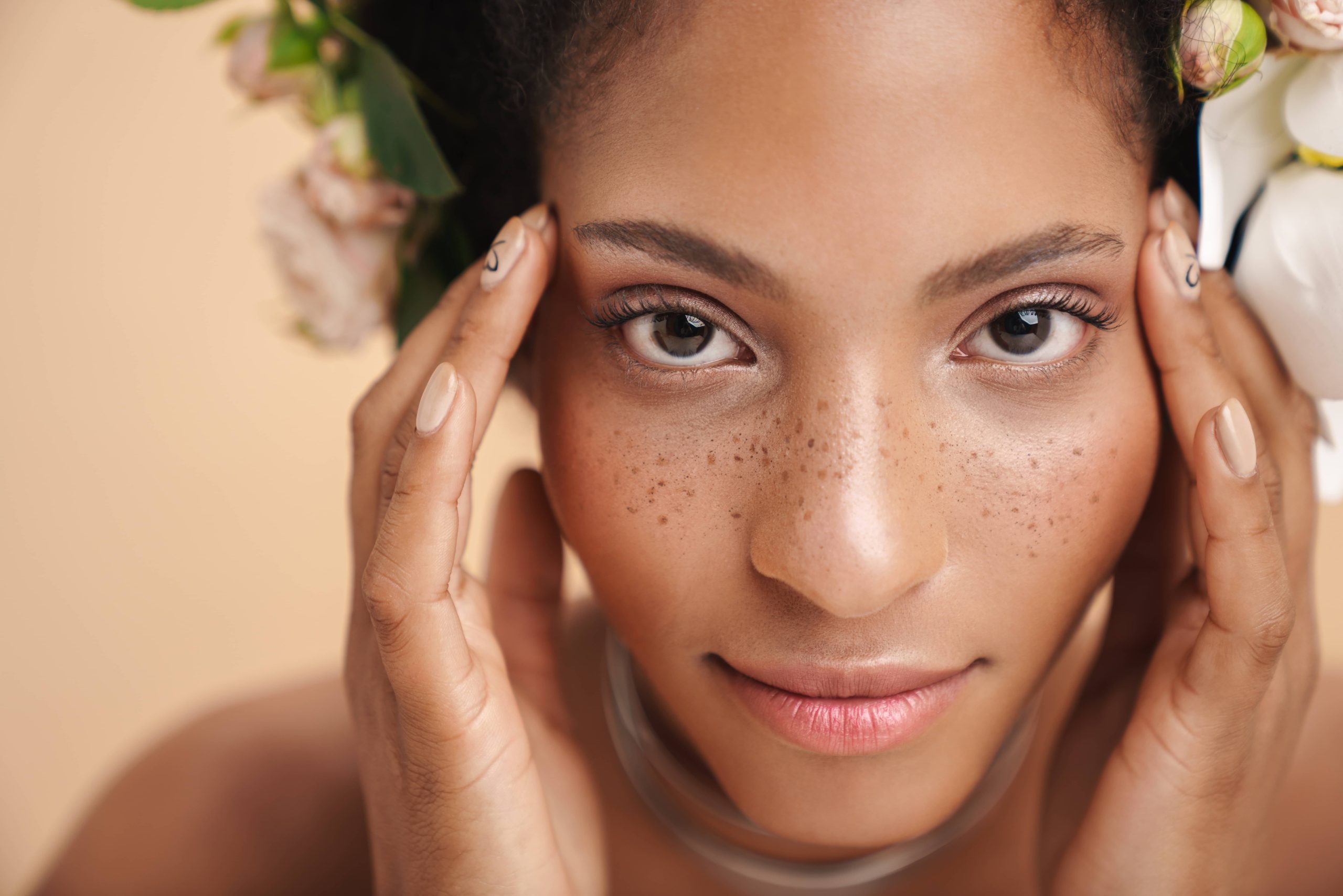
Fungal acne, often mistaken for bacterial acne, is a skin condition caused by an overgrowth of yeast on the skin. Unlike typical acne, which is caused by bacteria, fungal acne is a result of an imbalance in the skin’s microbiome, leading to an overproduction of yeast. This condition can be particularly frustrating as it often doesn’t respond to traditional acne treatments. However, with the right antifungal products, you can effectively manage and treat fungal acne. In this blog post, we’ll explore some of the top antifungal products that can help you achieve clearer skin.
Understanding Fungal Acne
Before diving into the products, it’s essential to understand what fungal acne is and how it differs from regular acne. Fungal acne, also known as Malassezia folliculitis or pityrosporum folliculitis, appears as small, uniform bumps on the skin. These bumps are often itchy and can be found on the chest, back, and sometimes the face. The condition is caused by an overgrowth of the Malassezia yeast, which is naturally present on the skin. Factors such as humidity, sweat, and the use of oily skincare products can exacerbate the condition.
Top Antifungal Products
1. Nizoral Anti-Dandruff Shampoo
While primarily marketed as a dandruff treatment, Nizoral shampoo contains ketoconazole, a powerful antifungal agent. This ingredient is effective in reducing the yeast responsible for fungal acne. To use, apply the shampoo to the affected areas, leave it on for a few minutes, and then rinse thoroughly. Incorporating this into your skincare routine a few times a week can help manage fungal acne.
2. Selsun Blue Medicated Shampoo
Another dandruff shampoo that doubles as a treatment for fungal acne is Selsun Blue. It contains selenium sulfide, which helps reduce the yeast population on the skin. Like Nizoral, it can be used as a body wash on affected areas. Regular use can help keep fungal acne at bay.
3. Head & Shoulders Clinical Strength Shampoo
This shampoo contains pyrithione zinc, an ingredient known for its antifungal and antibacterial properties. It’s gentle enough for regular use and can be applied to the skin to help reduce fungal acne symptoms. The added benefit is that it also helps with dandruff, making it a versatile product for those dealing with both issues.
4. Lotrimin AF Antifungal Cream
Lotrimin AF contains clotrimazole, an antifungal medication that treats various fungal infections, including athlete’s foot and ringworm. It’s also effective for fungal acne. Apply a thin layer to the affected areas twice daily for best results. This cream is particularly useful for spot treatment.
5. Tea Tree Oil
Known for its natural antifungal and antibacterial properties, tea tree oil can be an effective treatment for fungal acne. It’s important to dilute the oil with a carrier oil, such as jojoba or coconut oil, before applying it to the skin to prevent irritation. Use a cotton swab to apply the mixture to the affected areas.
6. Sulfur Soap
Sulfur has been used for centuries to treat various skin conditions due to its antifungal and antibacterial properties. Sulfur soap can help reduce the yeast on the skin and is gentle enough for daily use. It also helps to exfoliate the skin, removing dead skin cells and unclogging pores.
7. Benzoyl Peroxide Wash
While benzoyl peroxide is typically used for bacterial acne, it can also help with fungal acne by reducing the oiliness of the skin, which in turn reduces the yeast population. A 2.5% to 5% benzoyl peroxide wash can be used on the body to help manage symptoms.
Tips for Managing Fungal Acne
– Avoid Oily Skincare Products: Since fungal acne thrives in oily environments, it’s crucial to use non-comedogenic and oil-free skincare products.
– Wear Breathable Fabrics: Opt for loose-fitting, breathable fabrics to reduce sweat and moisture on the skin.
– Shower After Sweating: After exercising or sweating, shower promptly to remove sweat and prevent yeast overgrowth.
– Maintain a Balanced Diet: A diet high in sugar and refined carbohydrates can exacerbate fungal acne. Focus on a balanced diet rich in fruits, vegetables, and whole grains.
Conclusion
Fungal acne can be a persistent and frustrating condition, but with the right antifungal products and skincare routine, it can be effectively managed. The key is to reduce the yeast population on the skin and maintain a balanced skin environment. By incorporating these top antifungal products into your routine, you can achieve clearer, healthier skin. Remember, consistency is crucial, and it’s always a good idea to consult with a dermatologist if you’re unsure about the best treatment for your skin type.
